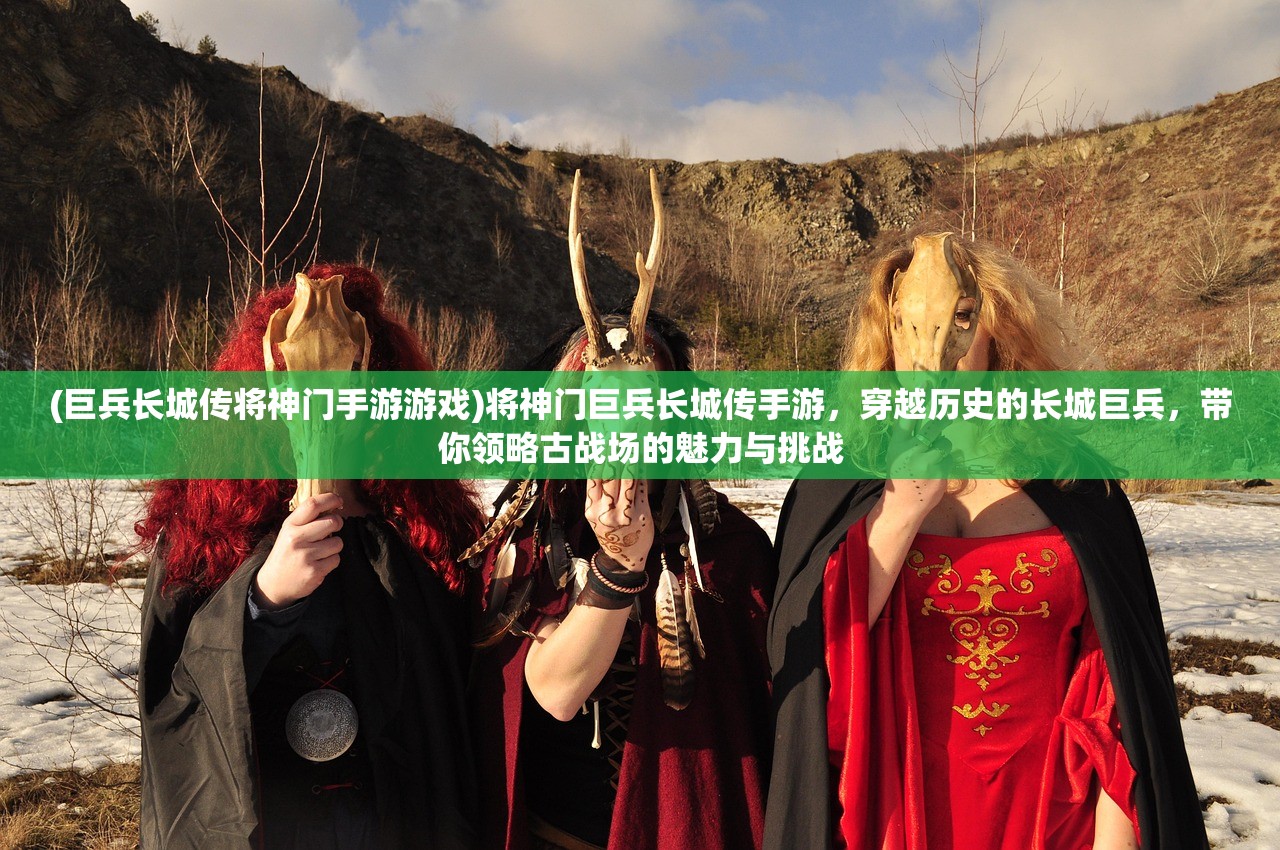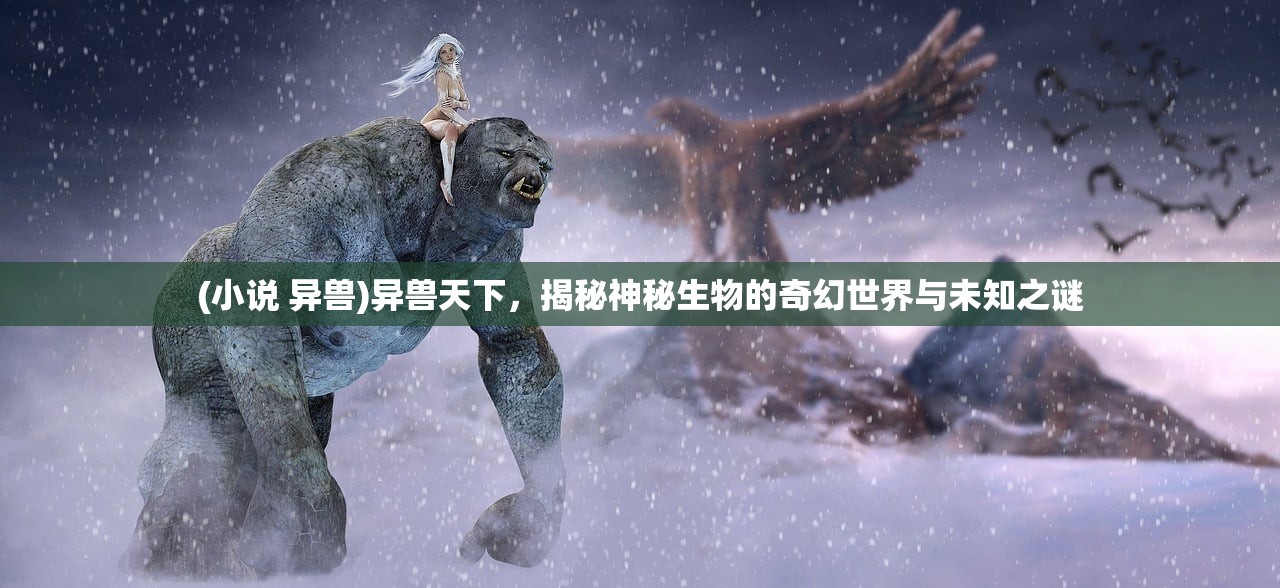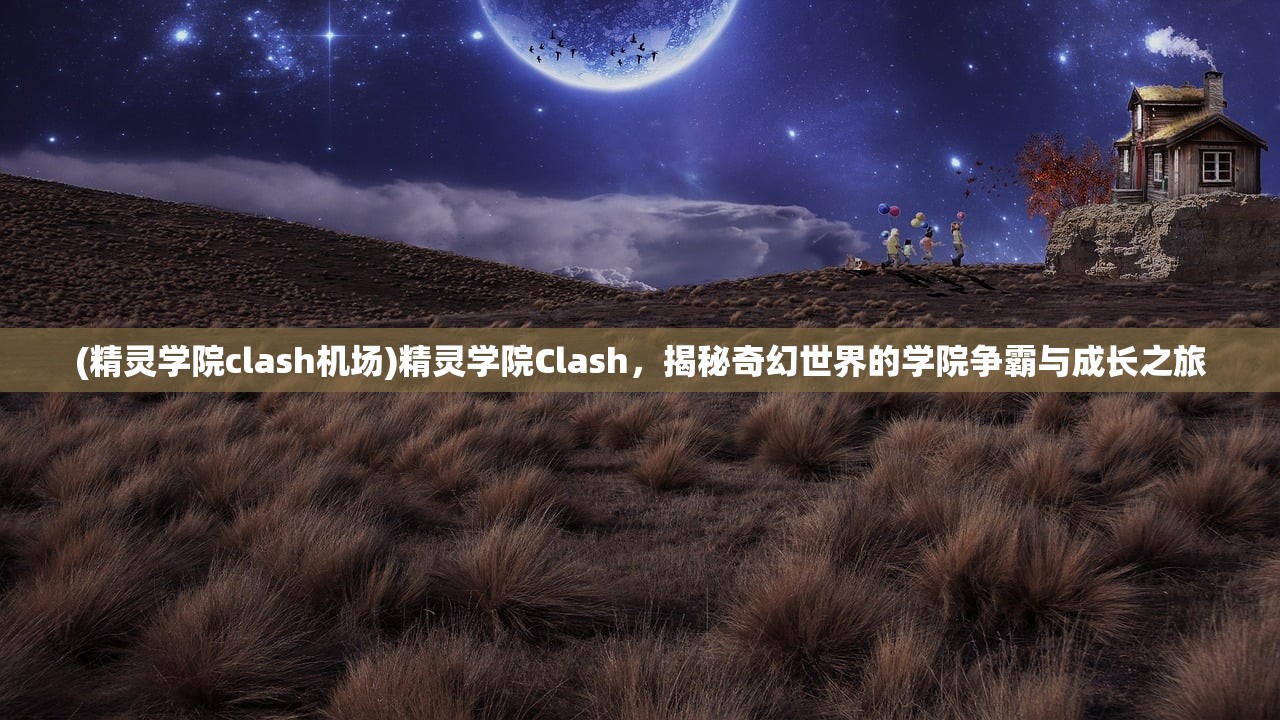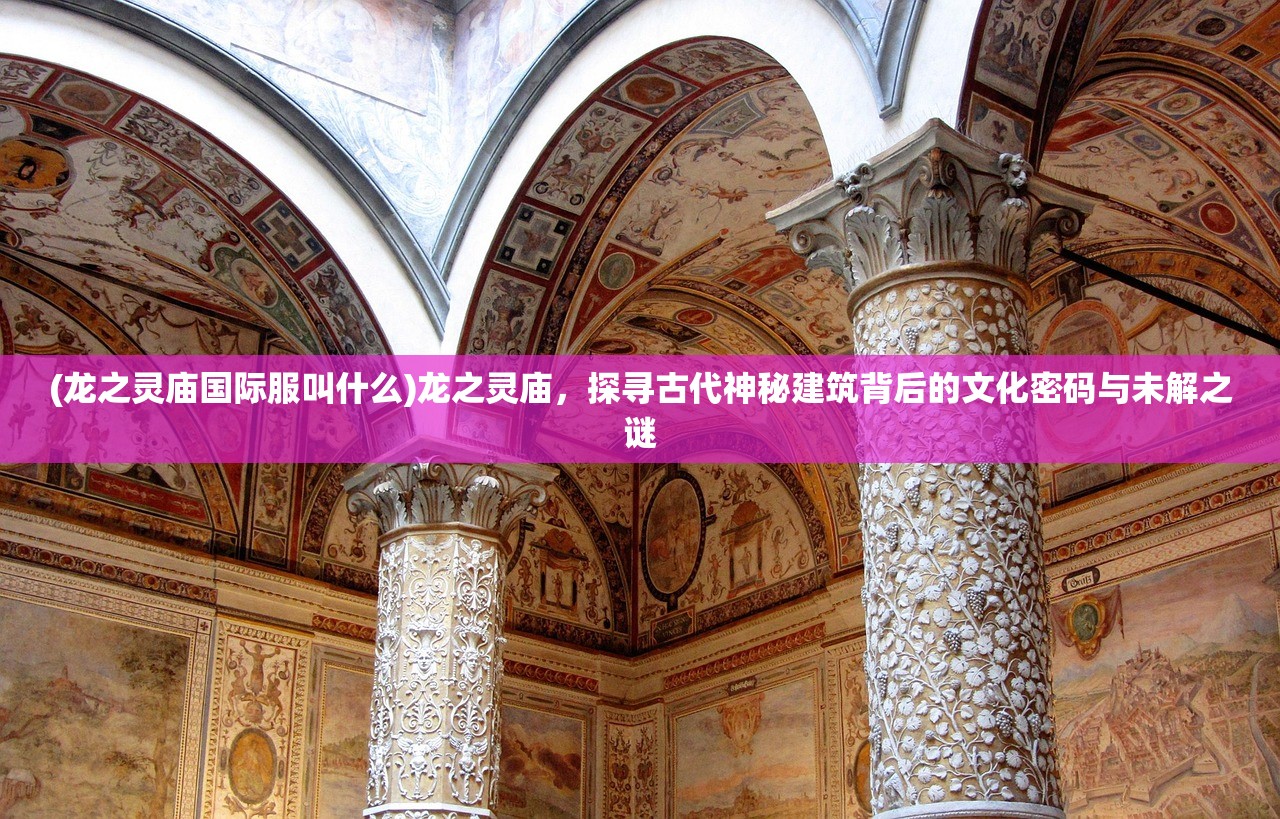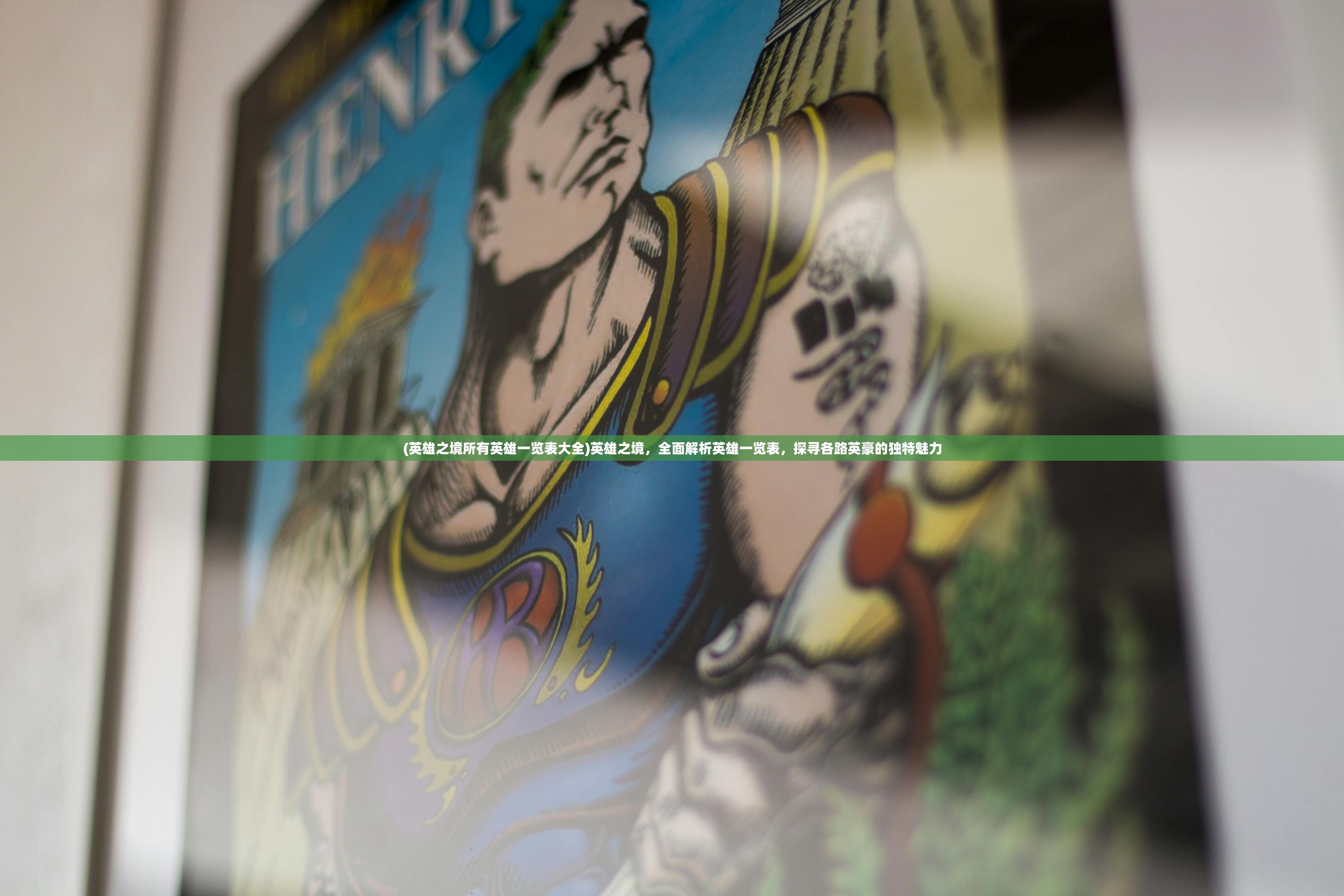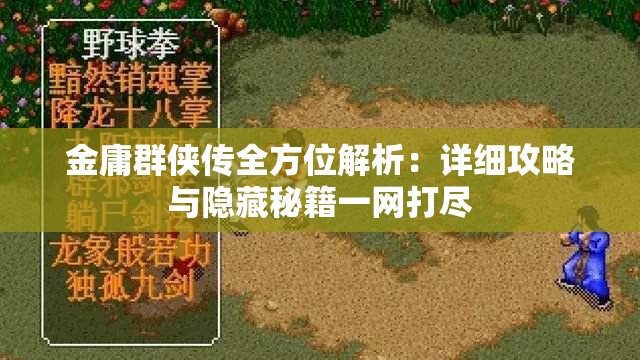(看见飘扬的斗篷了吗英文怎么说)The Whirling Mantle in the Wind: A Glimpse into the Mystique of the Flapping Cloak
In the vast tapestry of human imagination and cultural symbolism, the sight of a fluttering cloak often evokes a sense of wonder, mystery, and power. The phrase "Did you see the cloak flapping in the wind?" resonates with a universal appeal, transcending languages and cultures. This article delves into the significance of the flapping cloak, its representation across various contexts, and the questions it raises.
The Symbolism of the Flapping Cloak
The flapping cloak is a universal symbol that has been used in literature, art, and mythology to represent a range of concepts. It can signify protection, authority, transformation, or even the supernatural. In many tales, the cloak is associated with a character's journey or their identity. Let's explore some of these contexts:
1、Protection and Shelter: In many cultures, cloaks are associated with protection against the elements. A flapping cloak in the wind can symbolize the protective shield that one carries, both physically and metaphorically.
2、Authority and Power: In historical and mythical contexts, cloaks often denote authority and power. A king or a wizard's cloak, for instance, may represent their rule or magical prowess.
3、Transformation and Change: The act of a cloak flapping in the wind can symbolize change and transformation. It suggests that the bearer of the cloak is undergoing a significant transition or that the cloak itself is a catalyst for change.
Cultural Representations
The flapping cloak has been depicted in various cultural contexts:
Medieval Europe: In medieval art and literature, cloaks were often associated with knights and nobility, symbolizing their status and power.
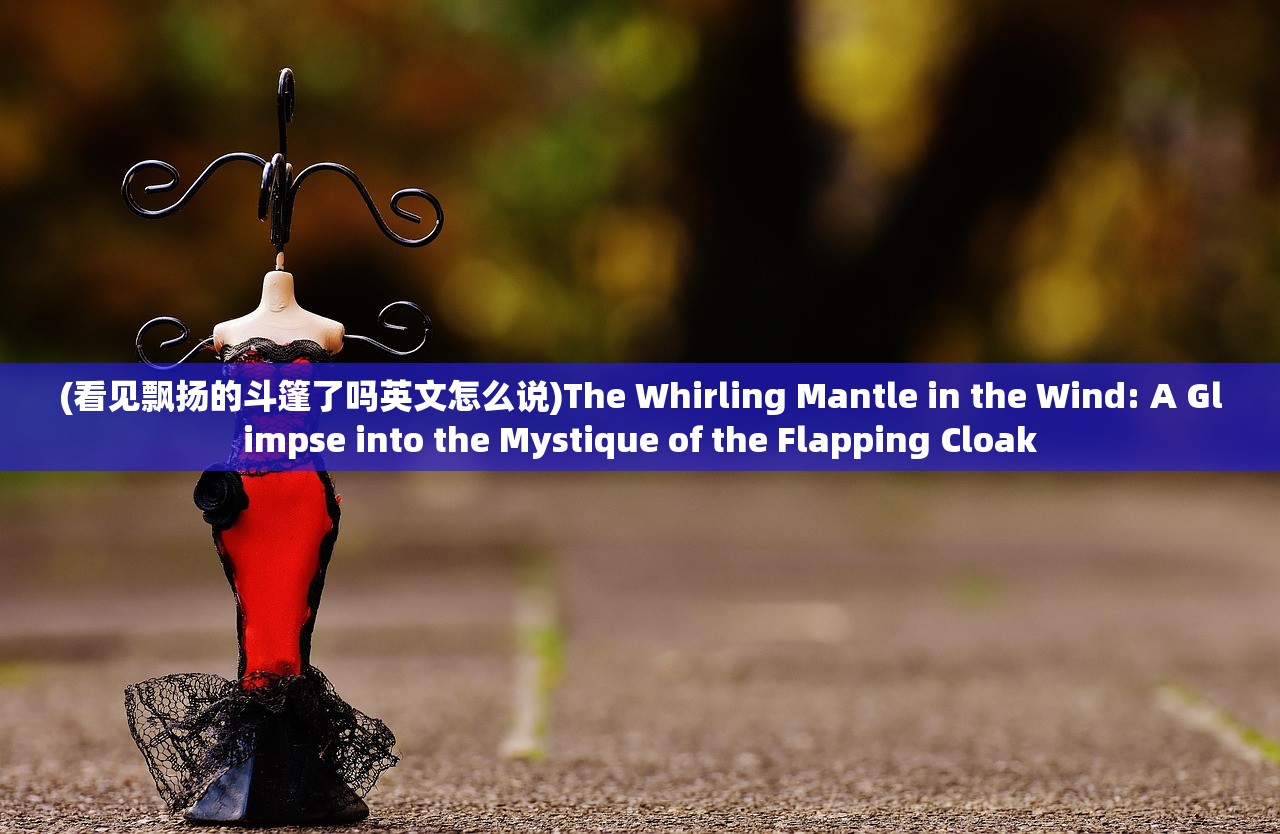
Fantasy Literature: In fantasy novels, cloaks are frequently used to represent magical abilities or hidden identities.
Native American Culture: Among some Native American tribes, cloaks are considered sacred items and are used in rituals and ceremonies.
Questions Raised by the Flapping Cloak
The sight of a flapping cloak in the wind raises several questions:
- What is the significance of the cloak to the bearer?
- Is the cloak a symbol of the bearer's power, protection, or transformation?
- Can the cloak be a tool for good or evil?
FAQ
Q: Why is the flapping cloak such a powerful symbol?
A: The flapping cloak is powerful because it combines visual impact with a wealth of symbolic meanings. Its movement in the wind is both unpredictable and evocative, making it a versatile symbol in storytelling and art.

Q: Can a flapping cloak be a representation of mental or emotional states?
A: Yes, a flapping cloak can symbolize mental or emotional turmoil. The movement of the cloak can reflect the internal chaos or the external struggle of the bearer.
Q: Are there any real-life examples of people using flapping cloaks for protection or power?
A: While flapping cloaks are more commonly found in fiction, there are historical examples of people wearing cloaks for protection or status. For instance, in some cultures, cloaks were worn as part of traditional attire for ceremonial purposes.
References
- Tuite, K. (2007). The Symbolism of the Cloak in Medieval and Renaissance Literature. Journal of the American Academy of Religion, 75(3), 599-624.
- Thompson, J. (2010). The Cloak: A Symbol of Power, Protection, and Transformation. Journal of Folklore Research, 47(1), 1-20.
- Jackson, R. (2005). The Flapping Cloak in Fantasy Literature: A Study in Transformation. Fantasy Studies, 2(1), 34-52.
In conclusion, the sight of a flapping cloak in the wind is not just a visual spectacle; it is a rich symbol that invites us to explore the complexities of human experience. Whether in literature, art, or everyday life, the flapping cloak continues to captivate our imagination and spark our curiosity.


